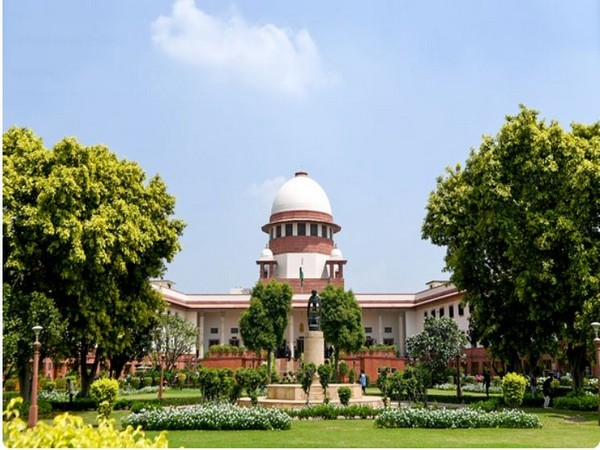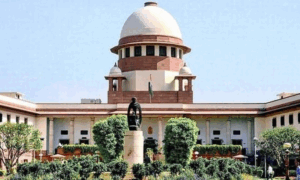
Picture : Twitter/ ANI
Supreme Court has ruled that demonetisation was valid. The court was hearing a batch of petitions challenging the Union Government’s 2016 decision to demonetise the currency bills of Rs 500 and Rs 1,000 denominations.
A five-judge Constitution bench of the apex court, headed by Justice S A Nazeer, said the Centre’s decision-making process could not have been flawed as there was consultation between the Reserve Bank of India and the Union government.The bench, also comprising justices B R Gavai, A S Bopanna and V Ramasubramanian, said the Centre’s decision-making process could not have been flawed as there was consultation between the RBI and the Union government.
Supreme Court holds that the notification dated November 8, 20216, which announced demonetisation, cannot be struck down on the ground of decision making process. The notification dated November 8, 2016 is valid and satisfies the test of proportionality.
The apex court said it is not relevant whether the objective behind the decision was achieved or not.
The pleas have challenged the Centre’s move of November 8, 2016. The apex court had reserved its judgments on the batch of 58 petitions on December 7.
Reacting to the Supreme Court ruling, Senior Congress leader and former Finance Minister P Chidambaram said, “Once the Hon’ble Supreme Court has declared the law, we are obliged to accept it. “We are happy that the minority judgement has pointed out the illegality and the irregularities in the Demonetisation. It may be only a slap on the wrist of the government, but a welcome slap on the wrist. “The dissenting judgement will rank among the famous dissents recorded in the history of the Hon’ble Supreme Court.”
Interestingly, Justice BV Nagarathna differed from the majority view and wrote a dissenting judgment. This is what Justice Nagarathna said: “Scrapping of Rs 500, Rs 1,000 series notes had to be done through legislation, not through notification. “Parliament should have discussed law on demonetisation, process should not have been done through gazette notification. Parliament cannot be left aloof on issue of such critical importance for country,” the judge held.
She called the November 8, 2016 notification of the Centre “unlawful”. “In my considered view, action of demonetisation by November 8 notification was unlawful. But status quo ante cannot be restored now since it was in 2016,” she said, adding that demonetisation was “an exercise of power, contrary to law, and therefore unlawful”.
[the_ad id=”55724″]


















